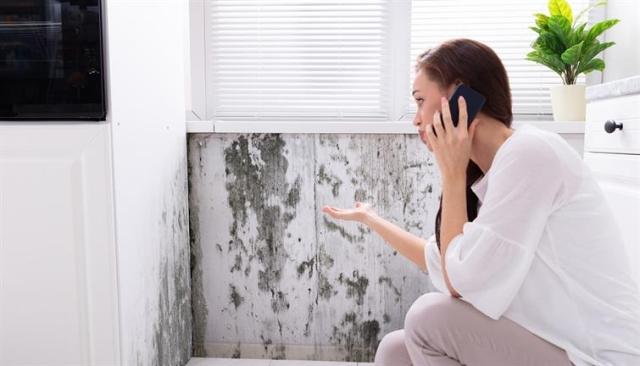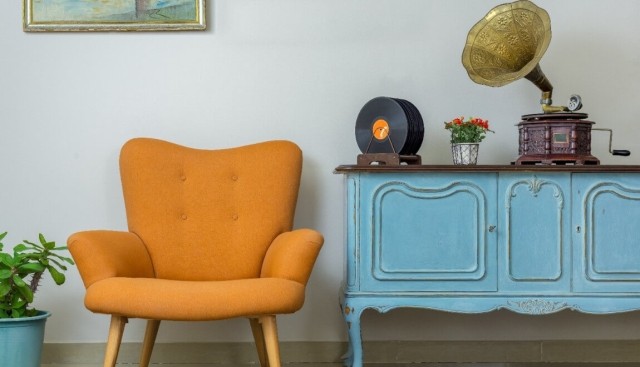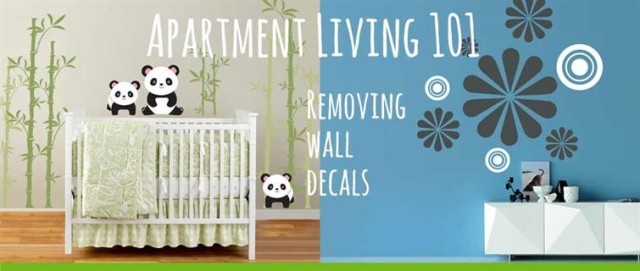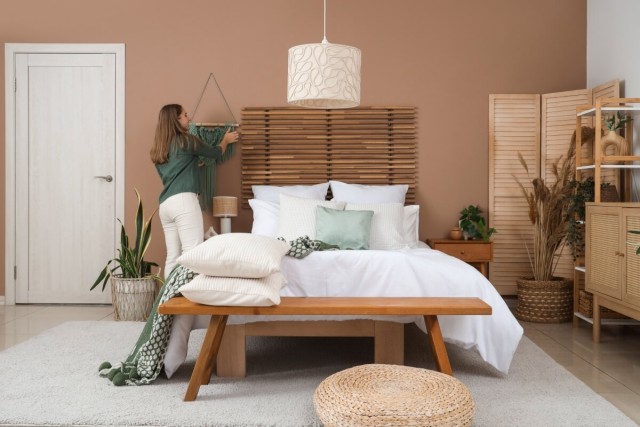You look up in the corner of your bathroom and see something that suspiciously resembles mold. What should you do? First, don’t panic.
The CDC doesn’t recommend testing the mold but instead getting rid of it quickly. People can be sensitive to molds and may develop wheezing, a stuffy nose, or itchy, watery eyes. If left untreated, mold can make you really sick, and the spores can settle into your lungs.
Regardless of whether the mold is toxic, the sooner you get rid of it, the better. Your number one priority should be to notify your landlord immediately. Tell them where the mold is, what it may look like, and if there are any smells. Take a few pictures while you’re at it. Together, you and your landlord can find the best solution to eradicate the mold before it worsens. Here are five steps you should take if you spot mold in your apartment:
- Contact your landlord
- Make sure it is mold
- Determine the size of the problem
- Locate the source of the mold
- Know how to spot mold
1: Contact Your Landlord Immediately
If you have determined the mold was the result of your 30-minute showers with the doors and windows firmly shut, and you were able to get rid of the mold with white vinegar (see Step 3 below), you shouldn’t have any further issues (as long as you leave the door or a window open from now on).
If you believe a leaky pipe caused the mold or other issue you can’t control, or it is a large patch of mold you aren’t comfortable trying to tackle, it’s time to contact your property manager or your landlord. Because mold indicates a water issue, they should respond quickly to your request. Take photos of the mold and send the images in a follow-up email, if necessary.
Remember: Even if you could remove the mold yourself, if you don’t get rid of the source (the water or moisture), the mold will come back. Mold spores are naturally in the air, but they need moisture to grow. So let your landlord or property manager know you are experiencing a mold problem.

2: Make Sure It Is Mold
Mold is a fungus that grows when moisture meets dark places and warmer temperatures. Mold is also seen around windows and roofs, especially if there’s a leak or flooding. Mold spores are everywhere (including in the air). Some molds can produce toxins under certain conditions, but you can’t tell risk by color or appearance, and any indoor mold growth should be removed and the moisture source fixed.
Mold and mildew resemble each other, and they are both fungi. But mildew is just a surface fungus, which means with a good cleaner and some scrubbing, you can quickly get rid of it. Mold is embedded in the surface on which it grows, making it much more challenging to eliminate. Mold tends to be fuzzy or even slimy in appearance and is typically green or black. Mildew is usually white, gray, or yellow, and it has a fluffy or powdery look to it.
According to the EPA, mildew is what you’ll find on your shower walls, around your windows, and in other places high in moisture. Mold lives on organic matter such as ceilings, walls, wood, paper, and leather.
3: Determine the Size of the Problem
If you are dealing with a small bit of mold, you can use white vinegar to get rid of it. White vinegar can kill about 80 percent of mold species. Spray the white vinegar directly on the mold and let it sit for a least an hour so it can penetrate the surface and reach the mold's “roots.”
Skip the bleach. While bleach will get rid of the surface mold, mold isn’t a surface fungus – it is growing deep within the surface, and if you don’t remove all of it, it will grow back. Also, bleach can exacerbate mold growth – the mold uses bleach as a food source.
4: Locate the Source of the Mold
Work with your landlord to determine the cause of the mold. Your landlord should want to locate the source as much as you do. Ignoring mold could lead to more significant problems and potentially a habitability issue with legal ramifications. However, your landlord isn't responsible if you caused the mold issue. For example, if you flooded your kitchen and mold developed along the baseboards, you could be held accountable for the mold removal.
If you believe the mold is causing a health issue, go to your doctor. Very young children, expectant mothers, and anyone with asthma or a lung condition should avoid mold. The laws around mold vary from state to state, so if you feel your apartment is uninhabitable due to mold, check your state laws or ask a lawyer for advice.
D iscuss the situation with your landlord and ask if it’s possible to relocate until there's a resolution. Also, call your renters insurance and ask about their policies concerning mold. They may cover personal items damaged by mold, but it depends on your policy’s circumstances and the terms.

5: Know How to Spot Mold
When touring a rental home, note any discoloration or dark spots on the walls and fixtures near windows, air conditioners, faucets, refrigerators, and other water-prone locations.
Look for bright white or yellow patches on the walls or ceiling. These could result from bleach or other harsh cleaners used to combat mold.
Check dark corners, and the inside of cabinets since mold can thrive in dark areas. If you are looking at a rental with a basement or attic, look for signs there.
Do the “sniff” test. If you notice a musty or mildew-like odor, mold could be present. If you can’t locate any apparent signs of mold, it could be hidden behind the drywall or under the carpet pads.
Look for any obvious signs of water issues, including water stains on the floor or ceiling, bubbling or cracking of the paint, bowed walls, or damp surfaces.
Finally, look for a significant amount of condensation on windows or pipes. If a home is overly damp or humid, mold could become an issue.






